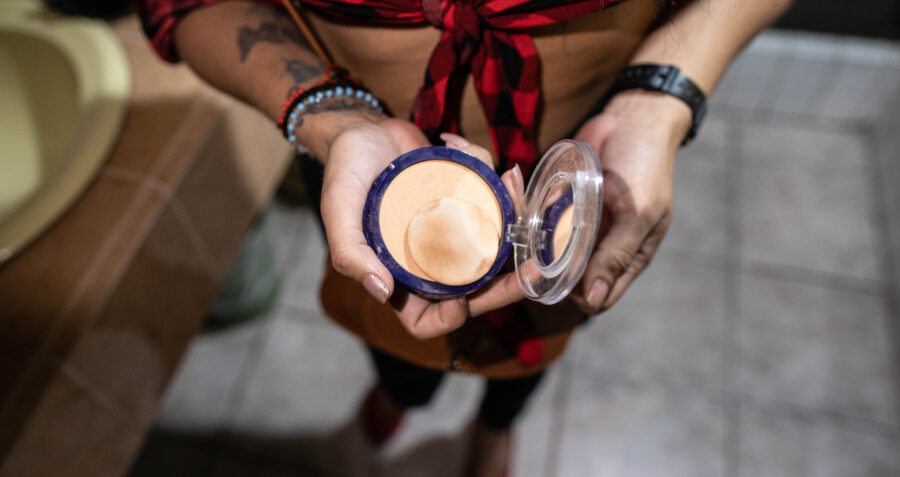RedTraSex tool to record human rights violations

Key information
- Organisation: Network of Women Sex Workers of Latin America and the Caribbean (RedTraSex)
- Countries: Argentina, Bolivia, Brazil, Chile, Costa Rica, Columbia, El Salvador, Guatemala, Honduras, Mexico, Nicaragua, Panama, Peru, Paraguay, Dominican Republic
- Region: Latin America and the Caribbean
- Stage of innovation: Stage 6: In the market and Ready to scale
- Start date: 2020
- End date: 2022
- Type of innovation: Conceptual innovation: new ways of looking at problems, challenging assumptions, or both
- Budget: 12,000 USD
- Funder: Robert Carr Fund
Summary of intervention
Sex workers in Latin America and the Caribbean (LAC) face widespread institutional violence. This is often just because they are sex workers, but other examples include racial and sexual discrimination, forced and illegal detentions, abusive control of identity and/or health cards, raids, homicides, femicides, physical and psychological torture, subjugation and solitary confinement, extortion, intimidation, rape and sexual abuse. Perpetrators include police and other State agents, such as the army and those from the health and justice system. The COVID-19 pandemic intensified the situation. The majority of sex workers are afraid to report these cases as they mistrust the judicial system. Often the only existing accounts are their personal testimonials.
RedTraSex, together with its partners across LAC, has been investigating and gathering data on institutional violence for the past 15 years. In 2020, the organisation developed an online tool to systematically collect information on human rights violations in 15 countries in the region. The National Organizations of Sex Workers (ONMTS) were central to the design and validation of the tool, and led on searching for cases, documenting violations and inputting case information. Data can be analysed per country, as well as aggregated analyses by region or at subregional level.
By the end of 2021, RedTraSex national partner organisations had documented 1,250 cases that were synthesised in a regional report. National organisations presented these results through advocacy and policy initiatives, bringing the lived reality of sex workers across the region to civil society and key government representatives.
learnings
Sex workers trust their peers, and the fact that sex workers themselves are collecting the information and conducting interviews has been key to the project’s success. Interviewees feel safer and are more willing to open up and share their experiences with peers. RedTraSex regularly monitors the quality of data; learning from this is used for continuous training of future interviewers.
next steps
This system is enabling RedTraSex to continue to present evidence of the harsh and violent reality sex workers face and is informing ongoing advocacy with governments, the international community and the media. RedTraSex is using it to lobby for policy and legal reform and greater involvement of sex workers in discussions that affect them. The organisation is also calling for a reparation mechanism including public acknowledgement of human rights violations against sex workers, strategies to prevent them and compensation for damages. RedTraSex will continue to lobby for the elimination of impunity for these crimes; to press the international community to recognise these violations as another form of GBV and ask all parties to avoid stigma and discrimination against sex workers across the region.
sustainability
The fact that sex workers in individual national organisations have been trained has built sustainable capacity within the organisations.
For more information click HERE.

